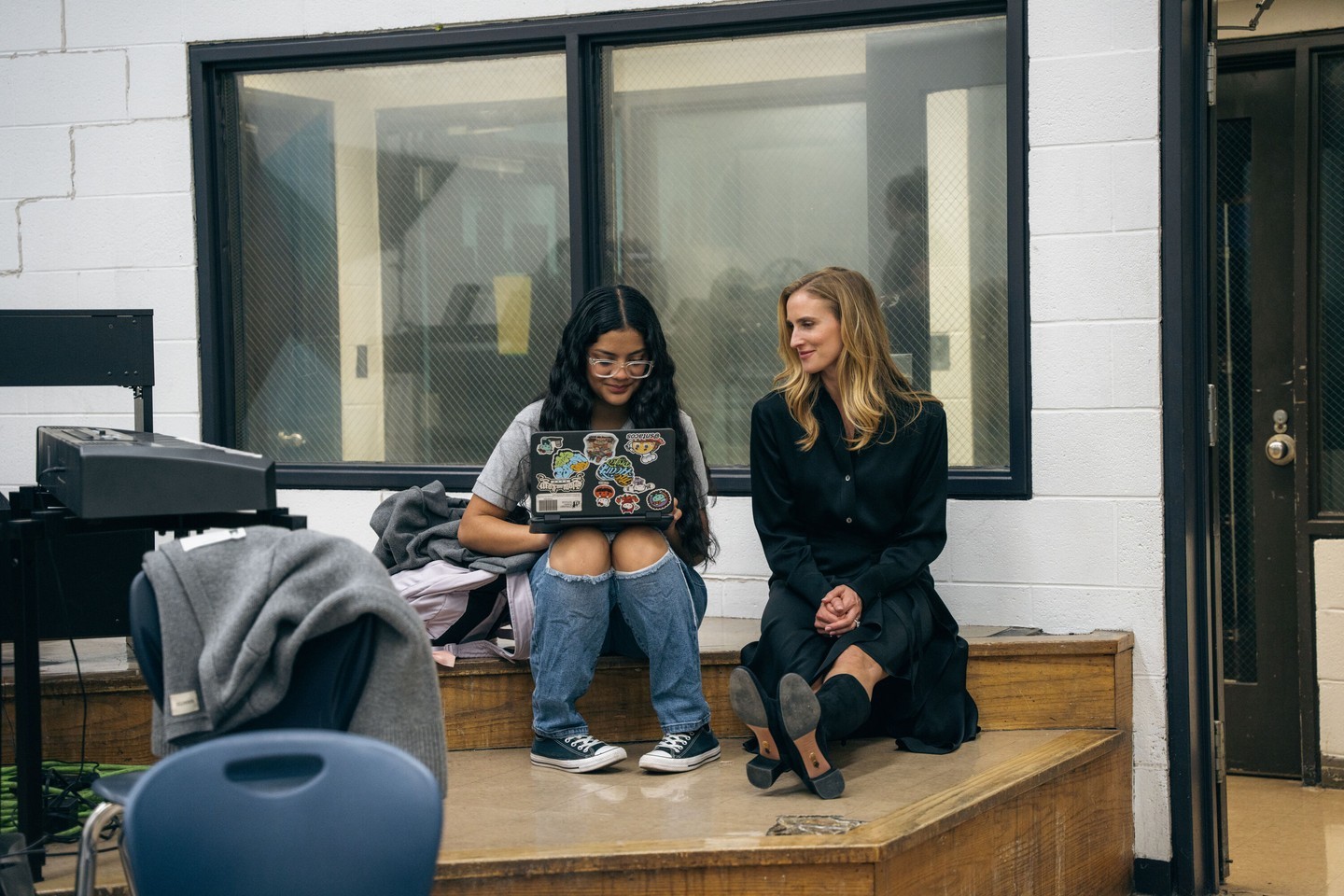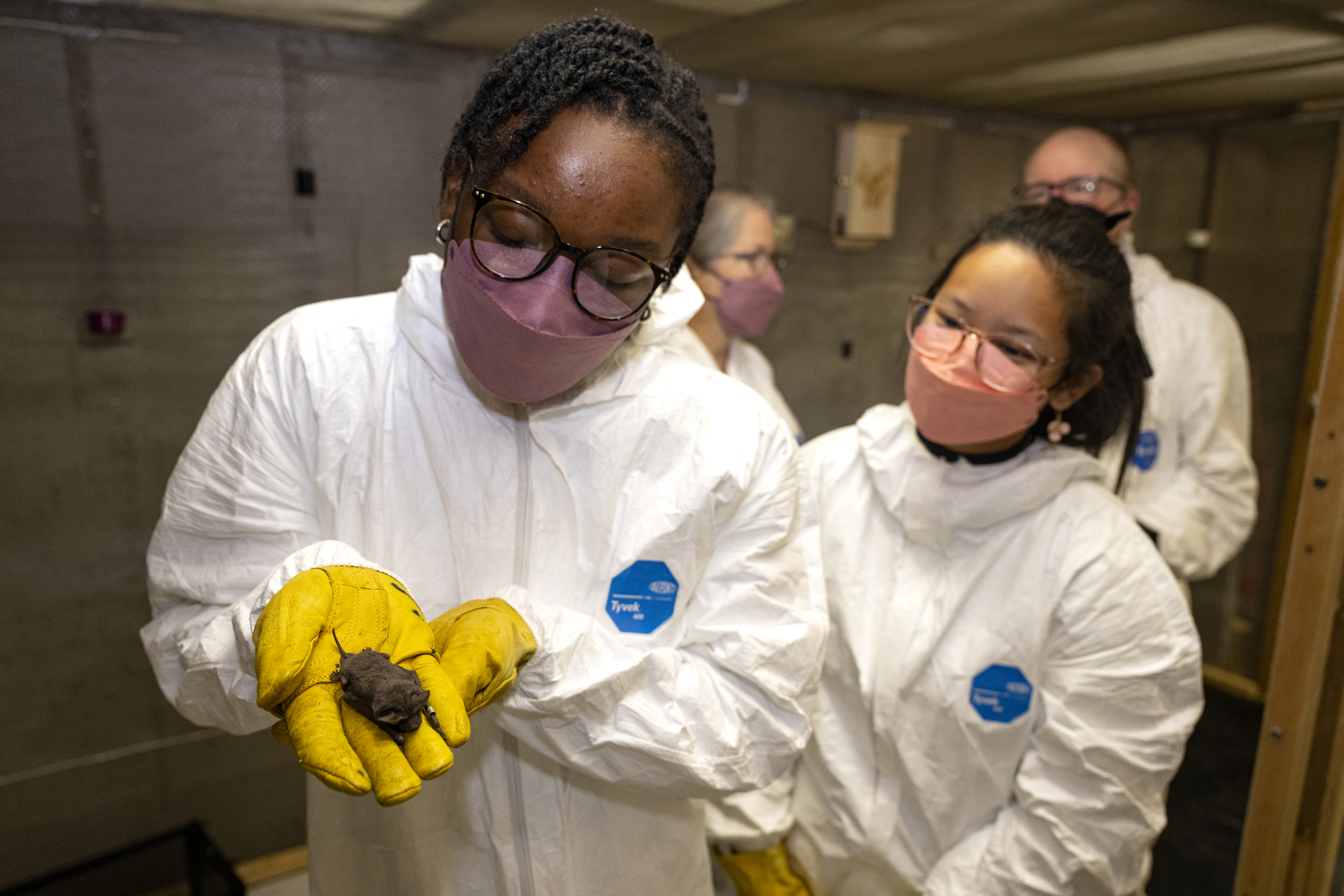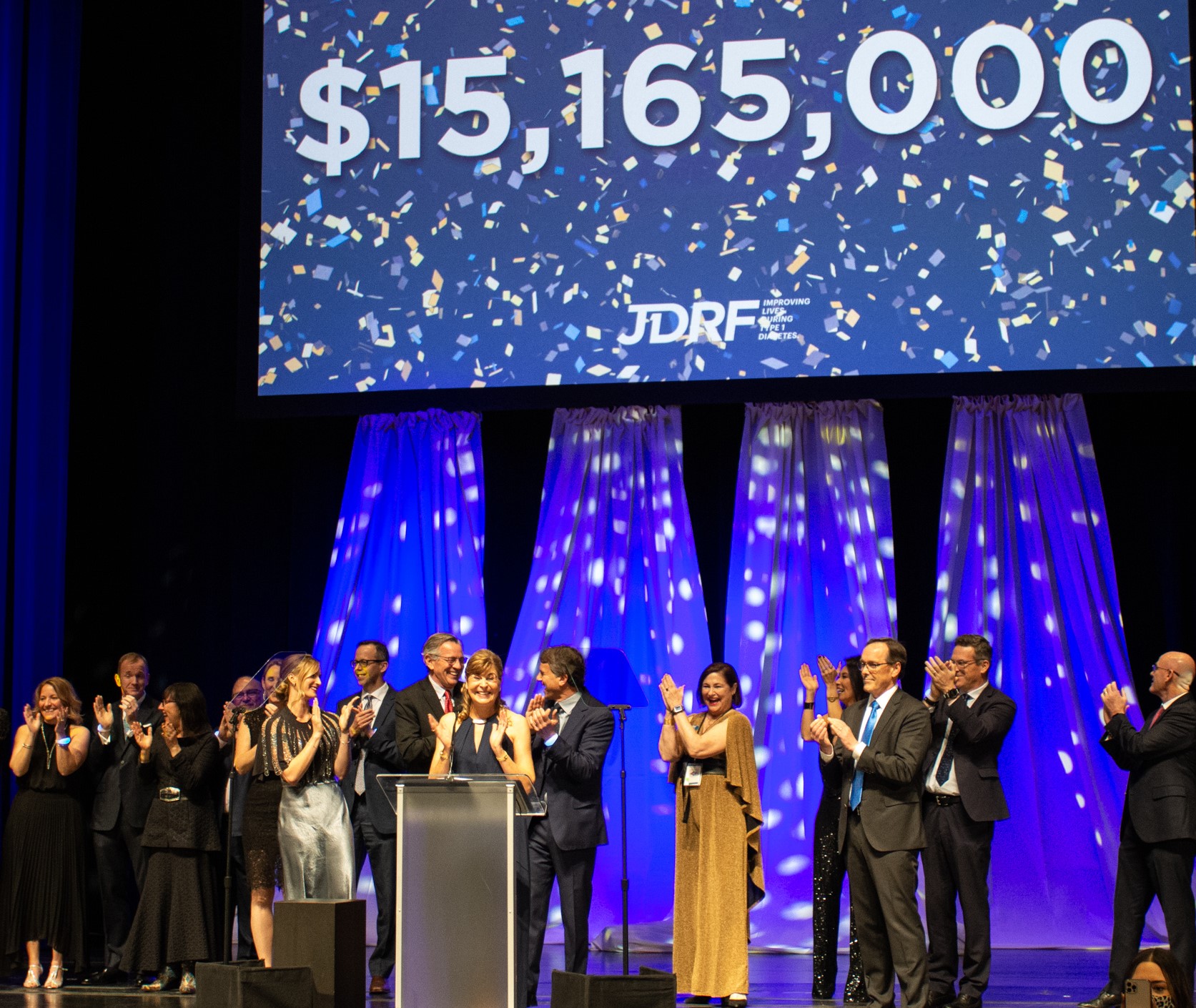Rethinking Education: Why Music May Be the Missing Ingredient in a Balanced Curriculum
By Cayley Tull
-
Share

Our education system is broken—but the fix may not be what you think.
For too long, we’ve treated academic achievement as the sole indicator of a successful education, emphasizing reading, math, and science at the expense of other equally important skills. But in a world reshaped by rapid technological advancement, shifting workforce demands, and a global pandemic, those outdated measures no longer reflect what best prepares our youth to thrive.
Just as a healthy diet requires balance and variety, so too does a well-rounded education. And unlike dietary guidelines—which are updated every five years to reflect new science—our educational “guidelines” have remained largely unchanged for decades. The result? Too many students are graduating unprepared for the realities of today’s workforce, with consequences for our economy, democracy, and communities.
The Need for a New Balance in Education
Government is often slow to catch up to the evolving needs of its citizens, even when health and prosperity are on the line. For example, the USDA only recently introduced the first-ever limits on added sugar in school breakfasts and lunches, set to take effect in 2025. Until now, food offered to children in schools could—and often did—contain nearly twice the recommended daily sugar intake. For those of us with school-aged kids, that is alarming.
It makes me wonder: are we doing the same in education? Have we doubled down on STEM at the expense of balance, to the intellectual detriment of our youth?
Today’s students need more than high test scores. They need durable skills like creativity, collaboration, resilience, and critical thinking—the very skills that music and the arts cultivate. And these are not soft skills, they’re the survival skills of the AI era.
Yet these subjects are too often treated as “extras” rather than essentials. Education isn’t a zero-sum game; more hours of test prep should not come at the expense of music, design, or environmental science.
Why Philanthropy Must Step In
The federal government is too mired in bureaucracy to deliver the bold changes education needs, and waiting for sweeping reform is a losing strategy. States and local districts can—and must—lead, but philanthropy has a critical role to play as a catalyst: funding innovation, piloting solutions, elevating evidence, and proving what’s possible so that public systems can eventually scale.
That’s where organizations like ours can step in. At Tullman Family Office (TFO), we believe in uplifting human potential. Through our nonprofit, Let Music Fill My World, we are working to ensure equitable access to music education for every K–12 student in America. Our mission is grounded in evidence that music builds the very skills required to thrive in today’s economy and society.
The Long-Term Impact of Music Education
Historically, research on music and the arts has focused on short-term benefits like better test scores or attendance. But what about the long-term?
To explore this, TFO partnered with researchers at NORC at the University of Chicago to examine how in-school music education influences workforce outcomes later in life. The early findings were striking. Adjusted for covariates, individuals with any in-school music experience were:
- More likely to have worked in the previous week
- Earning more per week on average
- Less likely to be hourly workers
- More likely to hold managerial or professional roles
While more research is needed to establish causation, the associations are undeniable: music education is linked to stronger long-term workforce outcomes.
It’s Time to Rewrite the “Guidelines”
What made up a “good education” 20—or even 5—years ago is no longer applicable. Our schools still prioritize standardized tests over the skills employers and communities actually need. If the goal is workforce readiness, the data is clear: consistent access to arts education improves academic engagement, mental health, and job preparedness.
Music education is not a luxury. It’s an essential ingredient in preparing students for life after graduation. The “big solution” may one day involve a major overhaul of K–12 education, but change doesn’t have to wait for a revolution. States, districts, and philanthropy can begin rewriting the playbook now.
Let’s not delay. The future of education—and the future of our children—depends on it.
Published in honor of National Arts in Education Week.
Cayley Tull is the president of the Tullman Family Office and co-founder of Let Music Fill My World, a nonprofit dedicated to expanding equitable access to K–12 music education.


